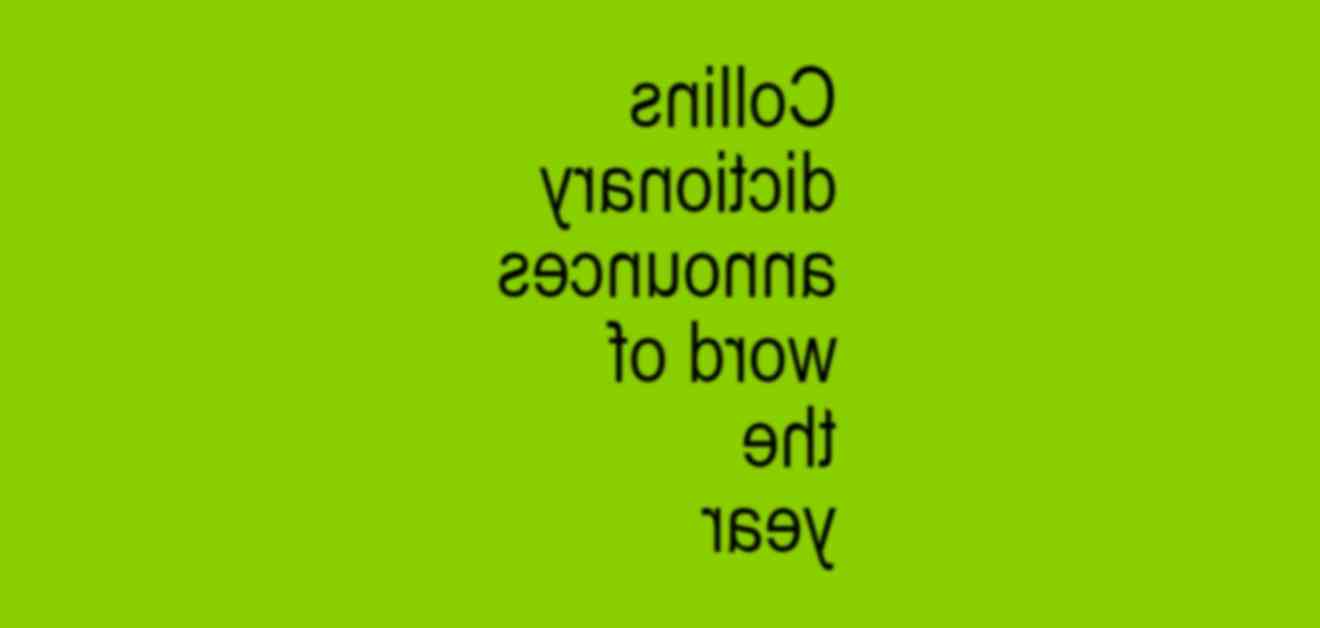Collins Dictionary recently revealed that ‘brat’ has been selected as the Word of the Year for 2024. This decision was influenced by Charli XCX, Taylor Swift, and TikTok, which all played a role in updating definitions and adding new words to the dictionary.
The dictionary’s lexicographers analyze the 20 billion word Collins Corpus, which includes a variety of media sources such as social media, to identify new and noteworthy words that reflect the evolving nature of our language and the interests of its users.
‘Brat’ was chosen as the Word of the Year due to the success of Charli XCX’s album of the same name, which became a cultural phenomenon. The neon green cover of the album sparked a trend known as ‘brat summer’, characterized by a confident, independent, and hedonistic attitude.
In addition to ‘brat’, the list of notable words includes ‘era’, which refers to a period of one’s life or career that has a distinctive character. Taylor Swift’s successful stadium tour, The Eras Tour, exemplified this concept by incorporating songs, imagery, and motifs from all of her studio albums.
The TikTok trend ‘rawdogging’ also made the list. Originally referring to engaging in unprotected sex, the word has evolved to mean undertaking an activity without preparation, support, or equipment. For example, people may ‘rawdog’ a long-haul flight by not consuming food or water and remaining idle throughout the journey.
Despite the prevalence of elections worldwide, only one election-related word, ‘supermajority’, was included in the list. This term gained attention during the UK general election when the Conservative Party warned against giving the Labour Party a significant majority in the House of Commons.
The Word of the Year list is largely influenced by younger generations such as Z and Alpha, featuring words like ‘yapping’, ‘looksmaxxing’, and ‘delulu’. These terms reflect contemporary trends and cultural shifts in language usage.
Alex Beecroft, the Managing Director of Collins, emphasized the impact of generational influences on language evolution. He noted that while ‘supermajority’ reflects political turmoil, the most significant linguistic disruptions come from sources like Charli XCX, Taylor Swift, and TikTok, making this year’s list the most ‘brat’ yet.
In conclusion, the Word of the Year selection highlights the dynamic nature of language and its close connection to popular culture and societal trends. The inclusion of words from various sources and demographics underscores the ongoing evolution of language as a reflection of our changing world.
































